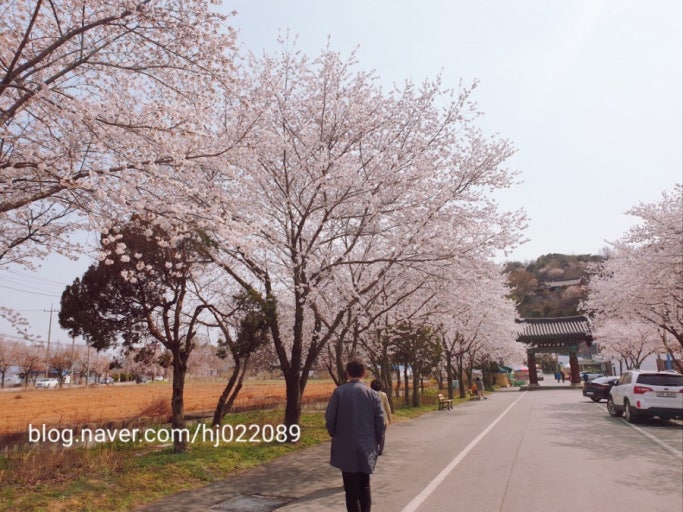This past month of February, my vocabulary expanded a lot. While listening to the radio or watching any shows that are in Korean, I wrote down any words that I did not understand. In the beginning, it was a little frustrating and tedious to stop every time I did not understand a word or a phrase. However, as time passed, it became easier and a part of my routine when watching Korean shows or listening to radios. Every week, I came up with a new list of vocabulary words that I learned, and I made quizlets to study them throughout the week. I gave the updated lists weekly to Rachel, and she would quiz me using the quizlet test function, which consists of matching, multiple-choice, and writing definitions. During the beginning of our lesson sessions, I did not quiz myself on these vocabulary words, and I would forget about them as I moved on to new words I wanted to learn. However, testing my ability to remember and really learn these words helped me better than just simply writing the words down in my personal dictionary. I utilized the new vocabulary words in my diaries, and I used them when talking to my parents as well. I felt really proud of myself because they were surprised to find out I knew such words, such as 허용 (permission), 버중했어 (it was important), 순한 맛 (mild taste). I don’t think I’ll forget their surprised reaction I witnessed on facetime. It was a small accomplishment of mine in my language learning journey, but it made me feel proud to see how happy they were. I am glad I decided to assess my vocabulary skills because it made me more confident in my speaking and writing skills. I can see my vocabulary expanding even more in the future if I continue to use this strategy.
This month, I focused on three grammar aspects. I learned the difference between 돼 vs. 되, 니가 vs. 네가 vs. 내가, and 안 vs. 않. 돼 is the combination of 되 and 어, which means that 되었다 is the equivalent of 됐다. 돼 is the conjugated version of 되. While learning the difference between the two, I learned a trick. If you can replace 되 with 하, then it’s considered correct, and if you can replace 돼 with 해, then it’s correct. I also learned the difference between 니가 vs. 내가 vs. 네가. 네가 and 니가 are the same, but because 네가 (you) pronunciation is too similar to 내가 (I) people write and say 니가 to avoid any confusion in the sentence. Additionally, I learned the difference between 않 and 안. 않 is used as a negation after the verb and comes after adjectives and verbs. 안 comes before adjectives and verbs and is used as negation in front of a verb. One sentence structure to follow would be 안 + verb. With these three grammar rules I learned, I did practice exercises to make sure I understood. Then, I showed my practice to Rachel, and she helped correct my mistakes and explained the grammar concept in more detail.
One of my main reasons for watching 2 Days 1 Night was to get exposed to different aspects of Korean culture, food, and historical landmarks. Last week, I watched an episode where they went “back in time” to different Korean eras, and the Goryeo Era stood out the most. They went to the Gwanchoksa Temple. Gwanchoksa Temple is located at the Banyasan Mountain in Nonsan, Chungcheongnam-do. I was curious about this Buddha statue, as the members talked about how beautiful it is in April when the cherry blossoms are blooming. It enshrines the 석조미륵보살입상 (Seokjomireukboksalipsang) Buddha, which was built in 967 due to a legend. The legend was about a lady hearing a baby crying, and when she went to look for the baby, she found a large rock on the ground. After this legend, the government made the Buddha from the rock that was found. When I visit Korea for vacation or study abroad, I hope to visit this temple.
Additionally, I have been writing my article summaries and diaries about my day. I have been typing them now on the computer, and I have a shared folder with Rachel, where she could fix any grammar or spelling mistakes I make. We also occasionally watch 2 Days and 1 Night together during our learning session. Overall, I think my learning journey in February was a lot better than in January. I feel that I have learned more about grammar, vocabulary, and Korean culture overall.



Comments